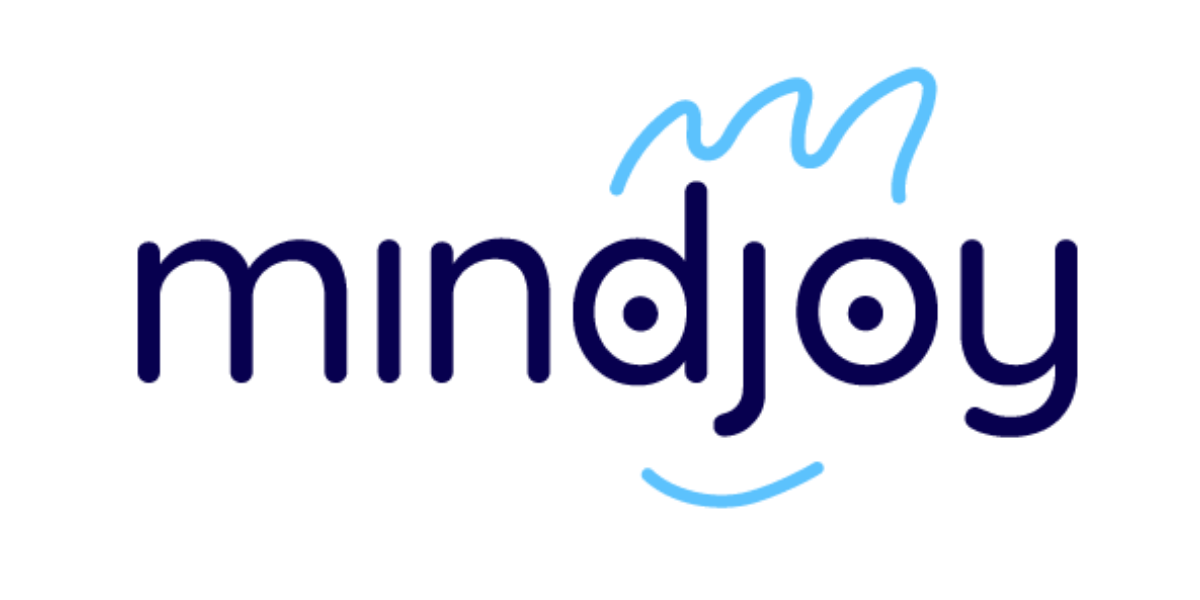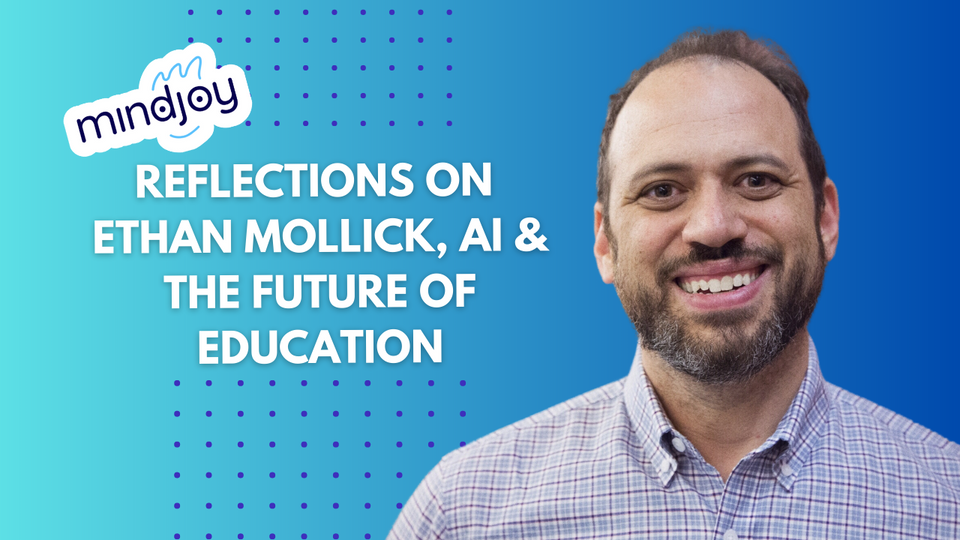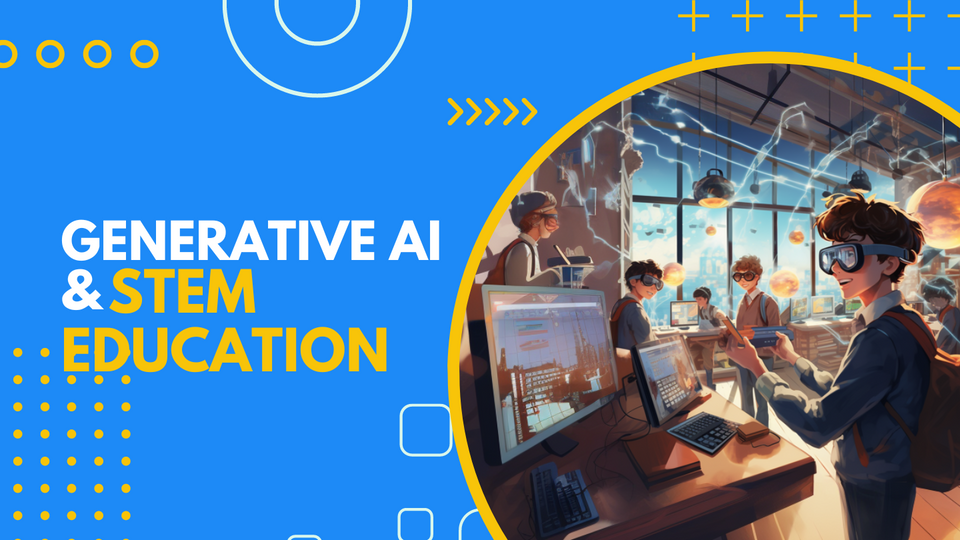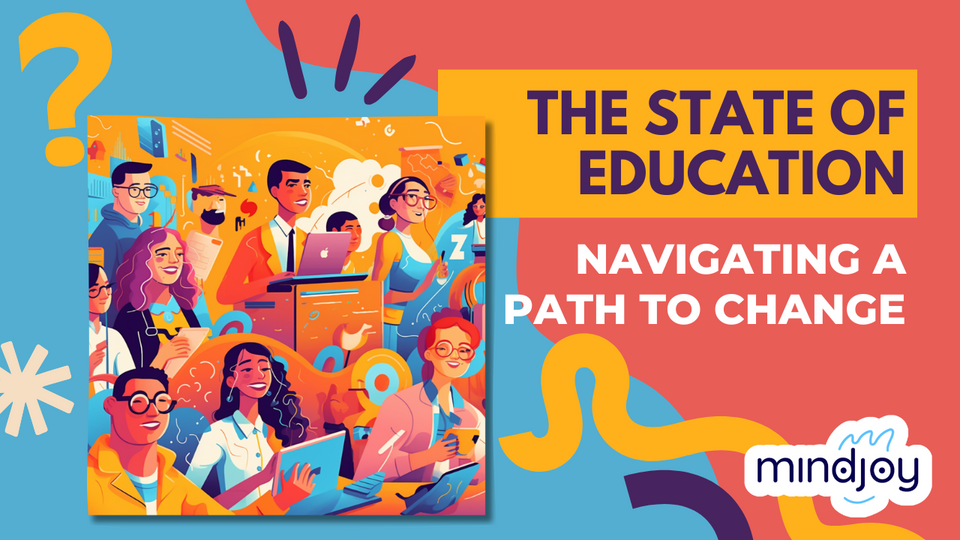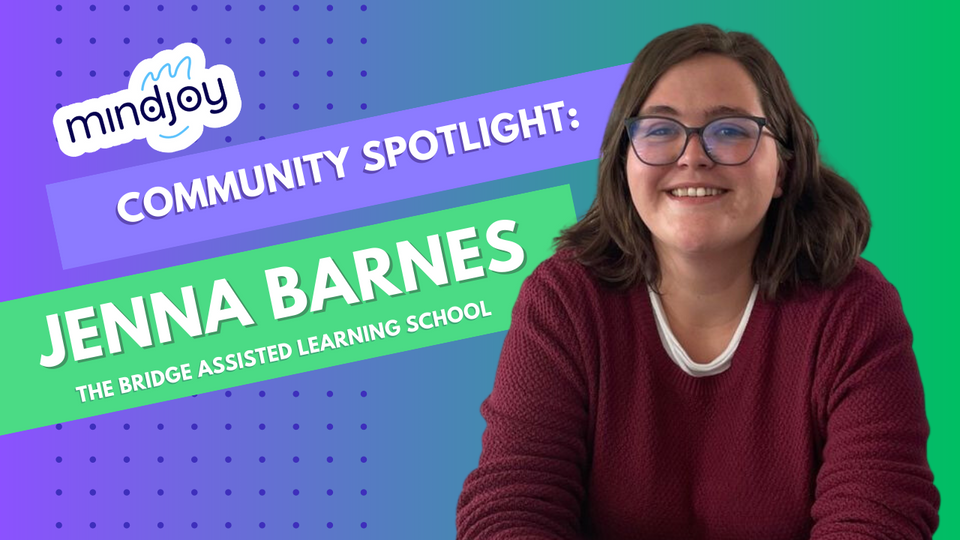At Mindjoy, we’re always looking for interesting perspectives on the future of education. Recently, Ethan Mollick gave a talk at the ASV GSU summit, one of the largest EdTech conferences in the world. I enjoyed it so much that I thought it was worth reflecting on some of the ideas, and how we’re applying them at Mindjoy.
You can watch his talk here!👇
Who is Ethan Mollick? 🧐
Ethan Mollick is a professor at the Wharton School of the University of Pennsylvania, well known for his work on entrepreneurship and more recently, for integrating AI into his courses. One of the reasons why I enjoy Ethan’s thinking on the subject of AI is that he manages to be both optimistic while also acknowledging that we don’t have all the answers.
What does the future look like? 🤷♀️
To start off, Ethan began by laying his ground rules for the discussion: AI in classrooms is going to be undetectable, ubiquitous and transformative. Undetectable in that it is going to be increasingly difficult to identify AI-generated content, ubiquitous in that it’s going to be so widespread that all teachers and students have access, and transformative in that it is going to fundamentally change education in ways we can’t yet imagine.
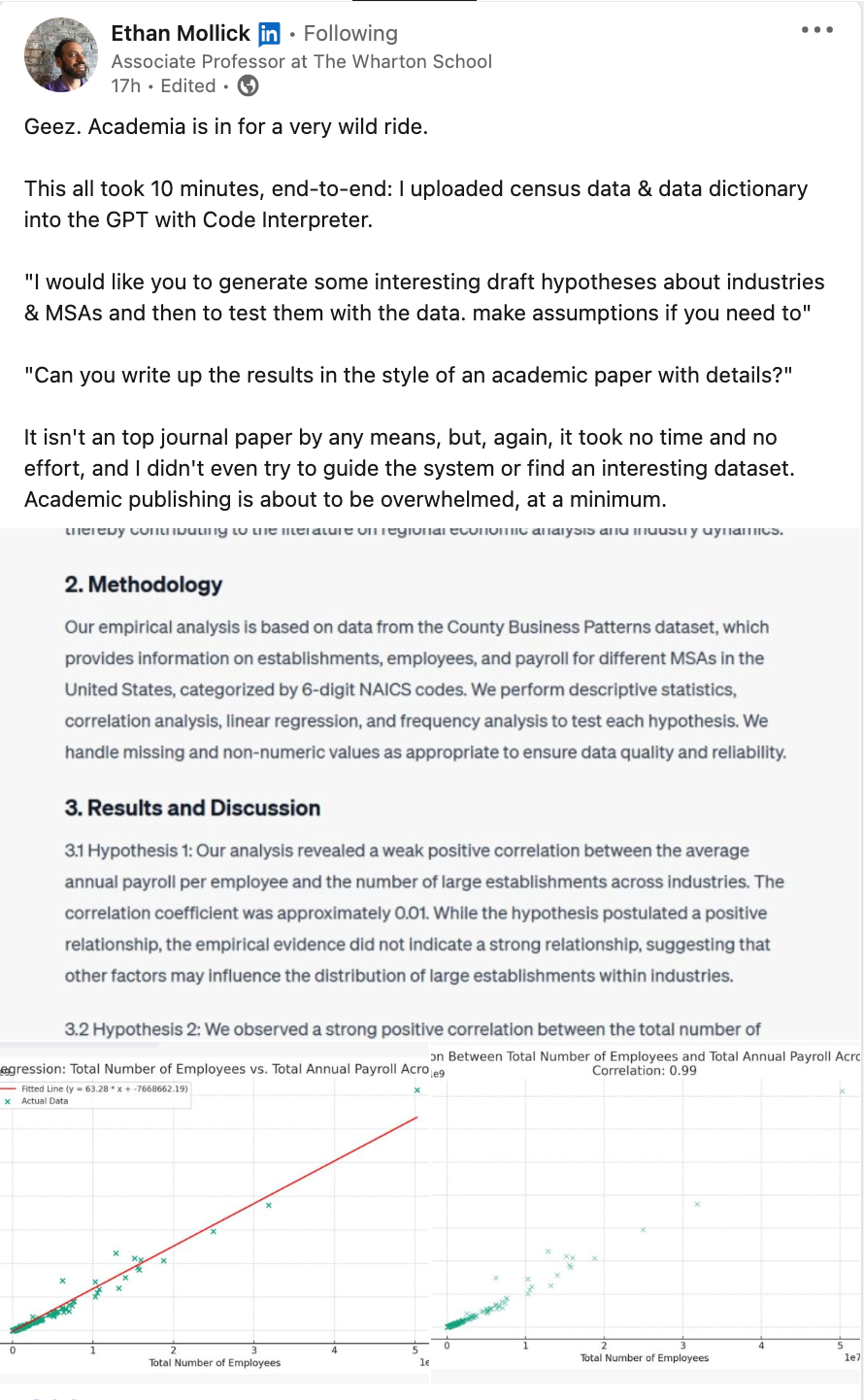
In general, these ideas resonate with my own thinking. In my last blog post, I spoke about how our definitions of plagiarism need to change given the new reality of AI-generated content. What I’m perhaps less sure of is whether these technologies will be accessible to everyone, especially outside of the United States. AI typically costs money to run, and someone needs to pay for it. But even if it were free, we’d still need our educators and students to know how to use it, and more importantly – that they should use it! That’s why at Mindjoy, we’re always asking ourselves how we can ensure that what we do is available to as many young people as possible.
We must expect more from students 💡
In Ethan’s view, if chatGPT can now submit a basic essay, that sets the bar for students. Ethan ran an experimental course where the usage of AI was required. He thought about it as a tool, and students were fully responsible for their work and the output of any model they used. The result was that over the course of 4 weeks, students designed and implemented real prototypes – something that would not have been possible without AI. Students were now simulating real experiences more closely than ever. Ethan’s take is that education should now expect this of students going forward!
Better pedagogy with less work 🤩
In the modern day, there is an increasing amount of pedagogical research available to us, and the rate of this research is increasing. AI now gives us the opportunity to implement pedagogical approaches that have been prohibitively expensive in the past. For example, we know that regular low-stakes testing has positive outcomes for students, but it’s quite difficult to implement with large groups. ChatGPT and other technologies make this more accessible than ever – personalized instruction is now possible, scalable.
This is something that really gets me excited about the future of education. Educators now have far more options available for coaching their students, and students have more options for driving their own learning.
A completely new phase of EdTech 🧑💻
Over the last few years, Ethan has been building a simulation platform for entrepreneurship. The simulation involves experts talking about startups, and then various simulated tasks and experiences (for example, talking to investors). In the last few months, it’s suddenly become possible to create your own simulation using OpenAI’s GPT-4. It may not be quite as engaging as a full simulation platform, but you’re 90% of the way there.
Something interesting that Ethan remarked on, was how AI models “hallucinating” doesn’t concern him. “Hallucinations” are the term given to situations when a large language model (LLM) generates false or completely made-up information. Ethan’s view is that hallucinations are not going to be a problem for too much longer. The way he sees it, humans make mistakes too, and as long as we have a human in the loop and students take responsibility for their work, then this doesn’t seem like a large hurdle. Current models are the worst AI you will ever use. This last point really stuck with me – it’s only going to improve from here on out 🤯
Wrapping up 🍬
Ethan concludes his talk with a really fun statement: the singularity for educators is already here. Education has changed and will probably never be the same again. Educators shouldn’t wait for a memo explaining how it’s all going to work. You should get started trying things out right now. And to this, I say: let’s do it!
